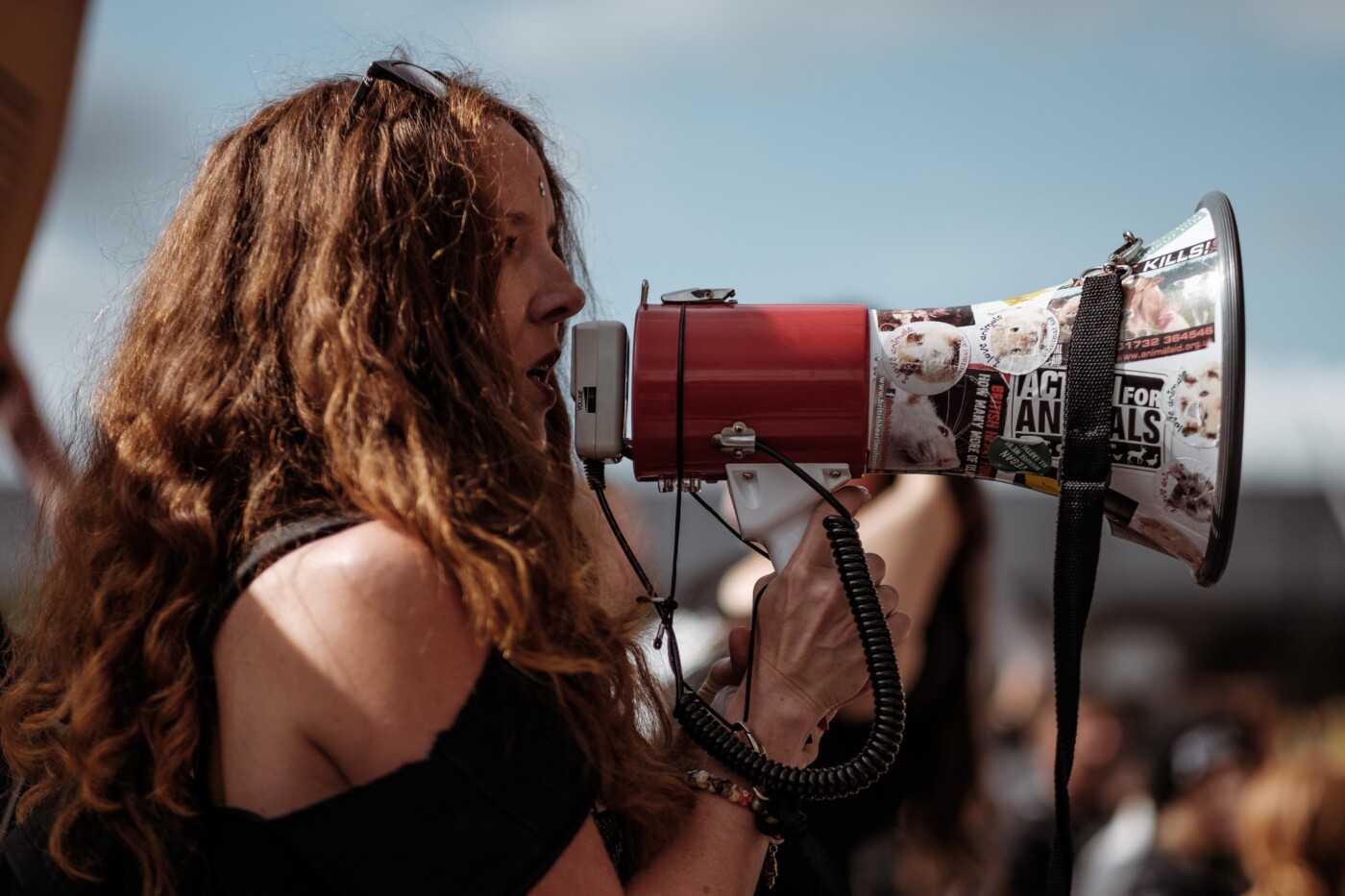Is it possible to boycott companies?
In the modern age, it’s common for people to talk about boycotting products or companies, especially after something gets ‘cancelled’ on social media. It’s easier than ever to learn what mass corporations are up to — for example, Elon Musk’s firing of staff at Twitter was made public almost immediately — and attempt to hold them accountable. However, this is harder to do when all consumer products are owned by the same ten major companies. Too often, we give money to companies we don’t want to support by mistake, as they hide in plain sight, which can make it virtually impossible to boycott companies anymore.
Boycotting is an example of marketplace democracy in action
So, what does it mean to boycott? Boycotting can be loosely defined as abstaining non-violently and voluntarily from a product or organisation as an expression of protest. They’re usually for moral, social, political, or environmental reasons, such as deciding to stop buying Amazon products to protest how the company treats their employees. Boycotting is an example of marketplace democracy in action: consumers “vote” with their money for social and economic change. For example, spending your money at a smaller, local company (instead of Amazon) shows that you support employees’ ethical treatment. As boycotts directly impact sales and profits, companies often take them more seriously than any other forms of protest and make it one of the most efficient ways to hold a company accountable for their actions.
While boycotting seems simple in principle, it’s made much harder because ten companies control the entire consumer market. As uncovered by Oxfam in 2016, Nestlé, PepsiCo, CocaCola, Unilever, Danone, General Mills, Kellogg’s, Mars, Associated British Foods, and Mondelez control almost every food and beverage brand in the world.
For example, after it was made public that Nestlé contributes to the unnecessary death and suffering of infants worldwide, many people were eager to boycott the company. But it isn’t immediately obvious just how many companies are under the Nestlé umbrella: Starbucks branded supermarket goods, Quality Street, Felix (cat food), Shreddies, and L’Oréal are just a few popular brands belonging to the mega-company. So, while boycotting Nestlé already sounds difficult in theory (they own most chocolates and sweets in the UK), it’s almost impossible in practice. While you might not expect it, pet care, bottled water, and nutritional products are among their biggest sellers.
If the goal of a boycott is to create awareness or encourage a brand to change its marketing, this can be achieved from time to time
So, is it possible to successfully boycott in 2022?
Whether or not boycotting works depends on the outcome expected by the customers. For example, it could be argued that any loss in profits (regardless of how small) does have some impact on the company. Similarly, while Nestlé is still a successful company, boycotting in the 1980s did draw attention to their unethical practices and resulted in an international code of marketing being introduced. If the goal of a boycott is to create awareness or encourage a brand to change its marketing, this can be achieved from time to time. However, a much bigger goal may necessitate more than a boycott, like having an entire company lose their profits.
It’s easier to boycott a product from a highly competitive industry: this means the boycott is likely to be cheap for the activist (as there are many close substitutes for the product) and costly for the firm (as it operates at thin margins). One example is Greenpeace targeting Shell, as the oil industry is highly competitive. Regarding relatively concentrated industries, it’s more efficient for the government to regulate than for customers to boycott, such as Nestlé’s various court cases. This trend can also explain why boycotting is often more successful in the United States, where there is a large domestic market, compared to smaller markets in Europe.
While globalisation may make it harder to avoid major international companies, it is much easier to organise boycotts against unethical companies and create a global movement
Experts also advise boycotts to focus on a brand’s reputation instead of directly on its bottom line, as the former can result in a long-term hit. Niké has been working since the 1990s to rehabilitate its brand image since they were accused of using child labour.
While it may be difficult to boycott a company — especially if it’s one of the big ten — it may be manageable if you’re willing to change your consumption habits completely. In the worst-case scenario, it will result in you spending less on consumer products, and cutting unnecessary costs is never bad for a student. However, we need to be smarter about how we participate in boycotts if we want them to be effective. While globalisation may make it harder to avoid major international companies, it is much easier to organise boycotts against unethical companies and create a global movement. If you feel angry about a company’s actions and practices, you should try to make your voice (among others) heard.

Comments